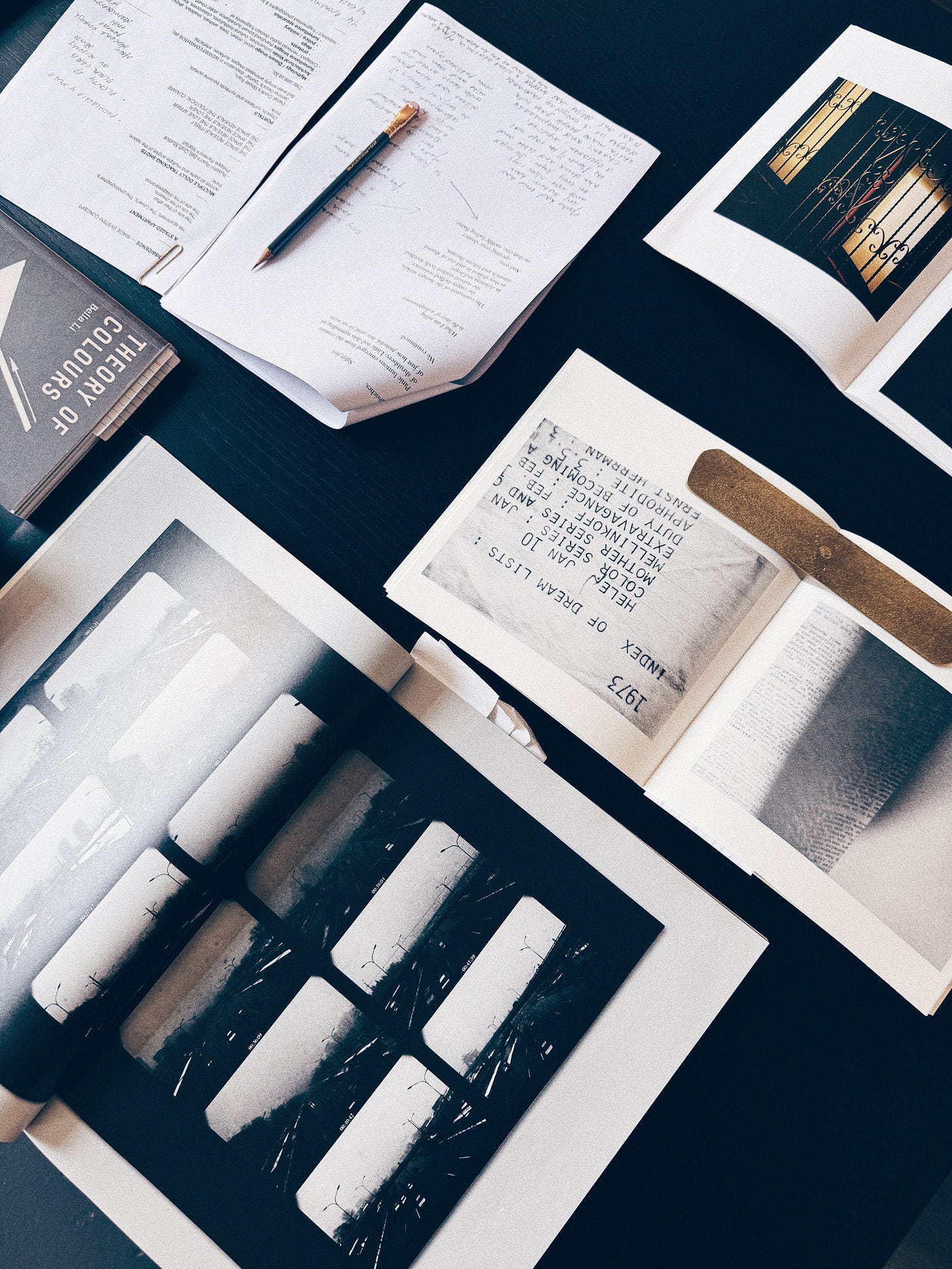I saw a clip of an interview with filmmaker and comedian Jordan Peele the other night in which he dropped this sliver of gold intended specifically for writers, but pretty broadly applicable:
"Follow the fun. If you aren’t having fun, you're doing it wrong."
And I realised in that moment that I've been doing it wrong for quite some time.
Not just in the writing aspect of my work, but in multiple domains of life: filmmaking more globally, exercise, money-work, admin and organisation, budgeting, hell even relaxing… you name it. I've somehow managed to let the sticky smog of drudge and obligation seep in to all and sundry corner.
Not that I'm alone in this. I think that many of us are conditioned to accept the inevitability that things will become hard — not in the good-challenging sense (the sense that invites flow and exhausting delight) — hard as in the "do I have to? Remind me what my life is for again" sense.
This is made all the more frustrating when we take a step back and see that many of these things that have become hard in the not-good sense are activities and projects that we actually initially chose to engage with — some we once ran willingly and passionately into the arms of in fact. Brutal blow! Bitter irony! Rolling-on-floor-while-laughing-through-tears emoji!
And yes — life is hard. Fucked and uncontrollable shit happens. The world is burning. We didn't get the finance/grant/job. Our parents are ageing. Our kid/cat/self is sick. But might these not be even more reasons to allow — heck, to consciously craft — the things that we choose to, and often must do in every day life into shapes that resemble potent portals into joy?
I don't know. I could be wrong. I'm just putting a out the hypothesis.
If I took my drudgey-assumptions and instead consciously experimented with fun would work become easier, life be more enjoyable, and would I get more done with less stress?
Would the smog lift? Even just a little?
Anyway, based on what I have divined, I decided I’d work with this as a three-step process:
loosen and/or chuck out my assumptions about how I do project/task X
ask the question, "what would make the approach to task X actually more enjoyable?"
assign a benevolent constraint to the new approach that ensures feedback via completion
So here’s my first (and only) example thus far: I've been grappling with trying to move forward in incorporating an image-making document with the poetic text-spine of the short film I'm currently developing.
I've been stuck believing that the two had to be combined first in order for me to see the bigger picture of the film's flow, and the next trim of the text would take place once I got to recording the poetic spine, and I had some understanding of where the images sat in the montage. But I’ve been stuck as in smog-stuck. Not moving forward.
It took my seeing this as an assumption, and identifying that what would make subsequent phases of the film so much more enjoyable (and easier) for me would be going back to the text and doing a swift cut-down now before the draft images went into a document alongside the text.
Small shift in process — giant movement in energy.
But there was one more piece that had to go in: a constraint. (And I think here's the secret sauce — the constraint is where the rubber hits the Fun Road.) I had to get the trim done in a single day.
Now this was doable because I was working with a 22 page document. In yesterday’s experiment, I actually wanted to do two re-works: a slightly trimmed version and a hectically trimmed version in order to experiment with rhythm and flow, sense and pacing in two different modes, and for this project that was possible in a single day. (If it had been a longer document, I would have allowed the scope of the constraint to expand accordingly, but the principle would remain the same.)
Once this was done I could actually finally see exactly how I'd be able to combine the text and image threads into a single document (an experiment in formatting in itself). The smog had lifted. I'd had a good day — I’d actually had fun. (Oh, that’s right — this is what filmmaking can be. I’d forgotten!)
Now because what I'm talking about here are experiments, sometimes the outcomes will be a big janky, and I think that's totally okay. That’s the point of experiments. The object however is to just make the container of the activity or the project more fun, and I do believe the most potent piece of magic is found in the combination of approach and those benevolent close-constraints.
Anyway, that's what I'm playing with at the moment. Here are those three steps again — the details and complexity of how they are applied are all up for grabs:
- loosen and/or chuck out assumptions about how (I/you) do project/task X
- ask the question, "what would make the approach to task X actually more enjoyable?"
- assign a benevolent constraint to the new approach that ensures feedback via completion
Enjoy.



